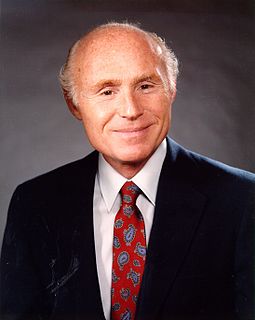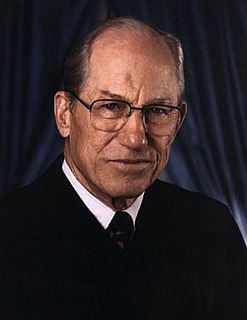A Quote by Herb Kohl
Judicial excellence requires candor before confirmation. We are being asked to give the nominee enormous power.
Related Quotes
Much of the Constitution is remarkably simple and straightforward - certainly as compared to the convoluted reasoning of judges and law professors discussing what is called 'Constitutional law,' much of which has no basis in that document....The real question [for judicial nominees] is whether that nominee will follow the law or succumb to the lure of 'a living constitution,' 'evolving standards' and other lofty words meaning judicial power to reshape the law to suit their own personal preferences.
In 1987, I had my first opportunity to provide 'advice and consent' on a Supreme Court nominee. At that time, I stated that the qualifications essential for evaluating a nominee for the bench included 'integrity, character, legal competence and ability, experience, and philosophy and judicial temperament.' On that test, Elena Kagan fails.
If you just breathe, and go slower, you will have enough energy. It's really important because there are people who wait in line, and your work has changed their lives. You will need to listen to them because they are also going to feed you and give you confirmation of the prayer you asked before you spoke.
Each human being is a citizen of the world. We have many identities, of which one of the identities is our human identity. And that's something that the schools can provide, but that requires again a vision rather than being centers of hatred. It could be an enormous opportunity to give that mission.
Judicial excellence requires an understanding that the law is more than an intellectual game and more than a mental exercise. He or she must recognize that real people with real problems are affected by the decisions rendered by the court. Justice, after all, may be blind, but it should not be deaf.






























